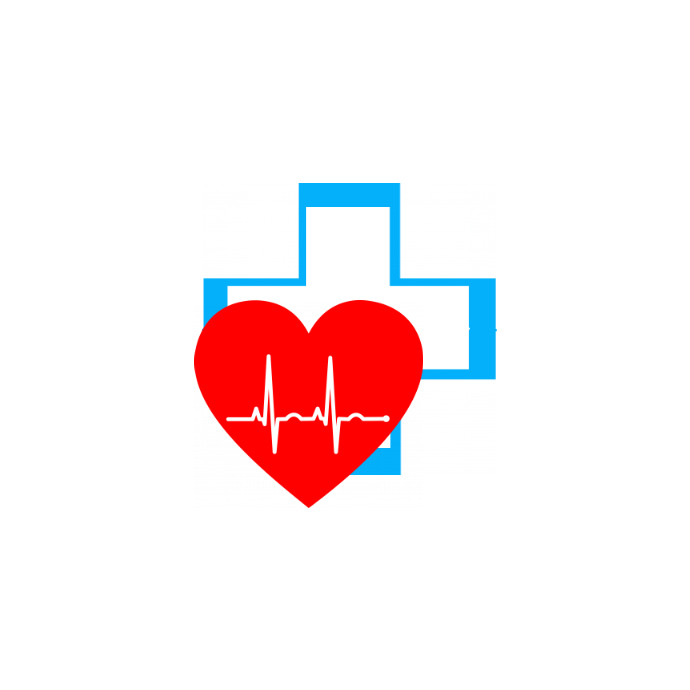
As we age, our bodies undergo various changes, and we become susceptible to certain health conditions and ailments. While it’s natural for our bodies to experience wear and tear over time, understanding and managing age-related ailments can significantly improve our quality of life.
1. Arthritis:
Arthritis is a prevalent condition among older adults, characterized by joint inflammation and stiffness. Osteoarthritis and rheumatoid arthritis are the most common types. Regular exercise, maintaining a healthy weight, and incorporating joint-friendly activities like swimming and cycling can help manage arthritis symptoms. Additionally, medications, physical therapy, and joint protection techniques can provide relief.
2. Osteoporosis:
Osteoporosis is a condition that causes bones to become weak and brittle, increasing the risk of fractures. Adequate calcium and vitamin D intake, along with weight-bearing exercises, can help maintain bone density. Medications like bisphosphonates may be prescribed to slow down bone loss and reduce fracture risk.
3. Cardiovascular Disease:
Cardiovascular diseases, including heart disease and stroke, become more prevalent with age. Managing cardiovascular health involves adopting a heart-healthy lifestyle, including regular exercise, a balanced diet rich in fruits, vegetables, and whole grains, and avoiding smoking and excessive alcohol consumption. Regular check-ups, blood pressure monitoring, and cholesterol management are also crucial.
4. Diabetes:
Type 2 diabetes often develops in middle-aged and older adults. Maintaining a healthy weight, following a balanced diet, regular physical activity, and monitoring blood sugar levels are essential for diabetes management. Medications or insulin therapy may be necessary to keep blood sugar levels under control.
5. Cognitive Decline:
Age-related cognitive decline, including mild cognitive impairment and dementia, can affect memory, thinking, and judgment. Engaging in mentally stimulating activities, such as puzzles and reading, staying socially active, and maintaining a healthy lifestyle with regular exercise and a balanced diet can help preserve cognitive function. Regular check-ups and early intervention are crucial for detecting and managing cognitive decline.
6. Vision and Hearing Loss:
Age-related vision and hearing loss are common ailments. Regular eye and hearing exams are essential for early detection and management of these conditions. Wearing appropriate eyeglasses, using hearing aids, and taking precautions to protect eyes and ears from excessive exposure to loud noises and harmful UV rays can help maintain sensory health.
7. Hypertension:
High blood pressure, or hypertension, is prevalent among older adults and can increase the risk of heart disease and stroke. Lifestyle modifications, such as maintaining a healthy weight, reducing sodium intake, regular exercise, and stress management, can help manage hypertension. Medications may be prescribed to control blood pressure levels.
8. Respiratory Issues:
Age-related respiratory issues, such as chronic obstructive pulmonary disease (COPD) and pneumonia, can affect breathing and lung function. Avoiding exposure to smoke, pollutants, and respiratory irritants, regular exercise to improve lung capacity, and vaccinations against pneumonia and influenza can help prevent and manage respiratory ailments.
Written by profT for naijatipsland.com










